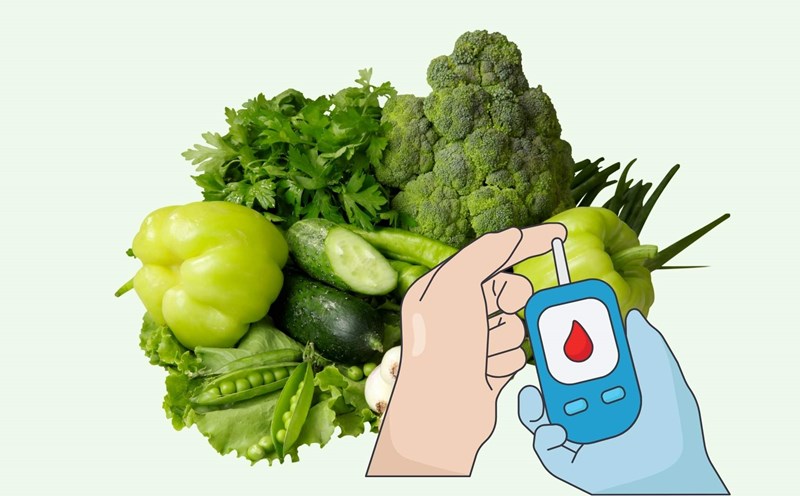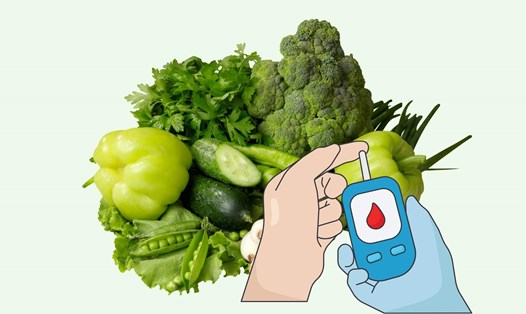Among the sources of plant omega-3, black beans are a healthy and accessible choice for families. Although it does not contain DHA or EPA like in fish, black beans are rich in ALA (alpha-linolenic acid) - an omega-3 that can be converted into DHA and EPA in the body.
ALA is the most common form of omega-3 in vegetarian diets. The body can convert about 5-10% ALA to EPA and 2-5% to DHA. Despite low metabolic rate, regular cungration of ALA still supports comprehensive development, especially when children cannot consume seafood.
A cup of cooked black beans about 172g provides nearly 0.4g ALA - meeting about 30-40% of the recommended daily needs for young children. According to the World Health Organization, children aged 1-3 need about 0.7g of omega-3 per day. In addition to omega-3, black beans also contain fiber, iron, folate, vegetable protein, supporting immune boost and physical development.
For optimal absorption, experts recommend combining black beans with foods rich in good fats such as olive oil or avocado, helping the body absorb ALA more effectively. Mothers can cook black bean congee with oatmeal, or make black bean soup with sesame oil for children aged 8 months and over.
Supplementing omega-3 from black beans is a natural, safe and suitable solution for children who do not eat fish. Mothers need to pay attention to building a balanced menu, combining black beans with a source of healthy fats to help children develop comprehensively both mentally and physically.











